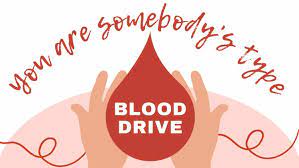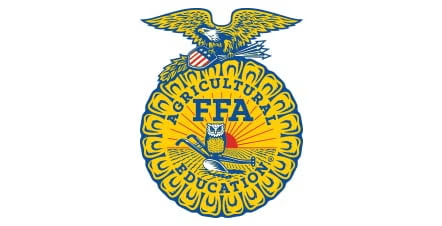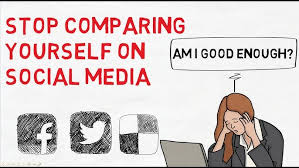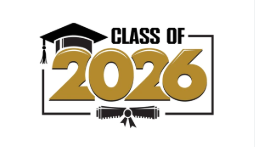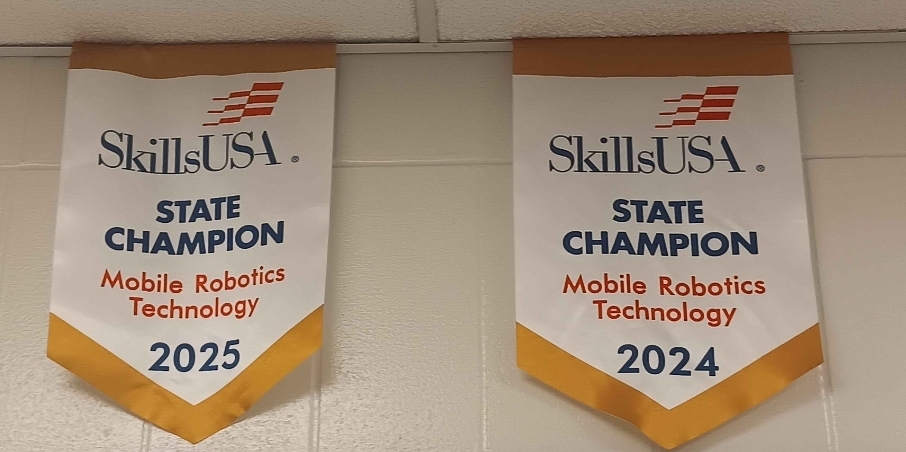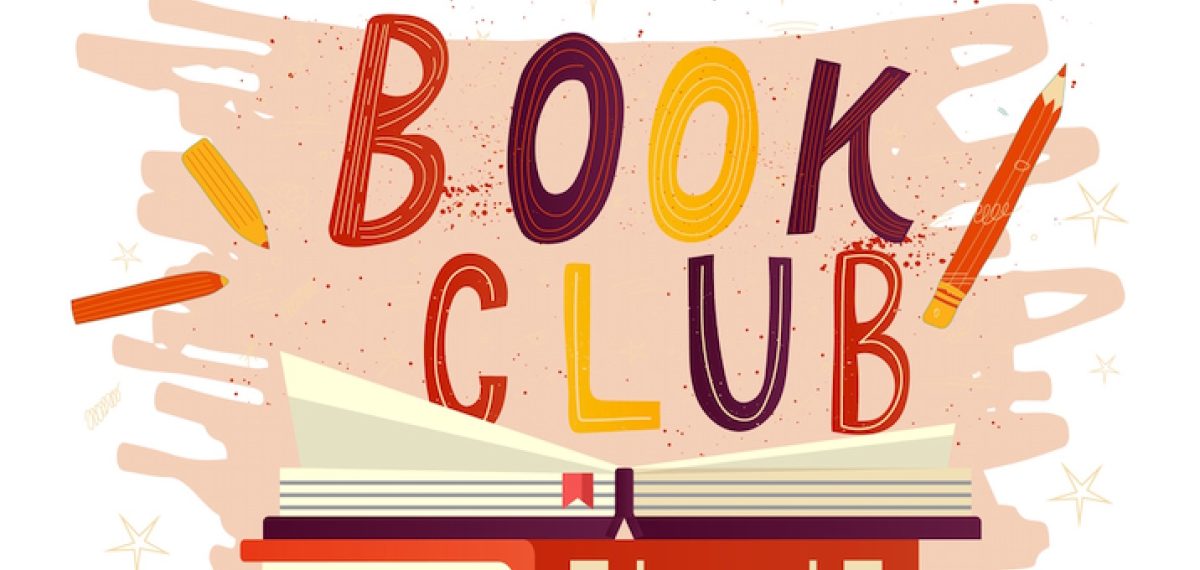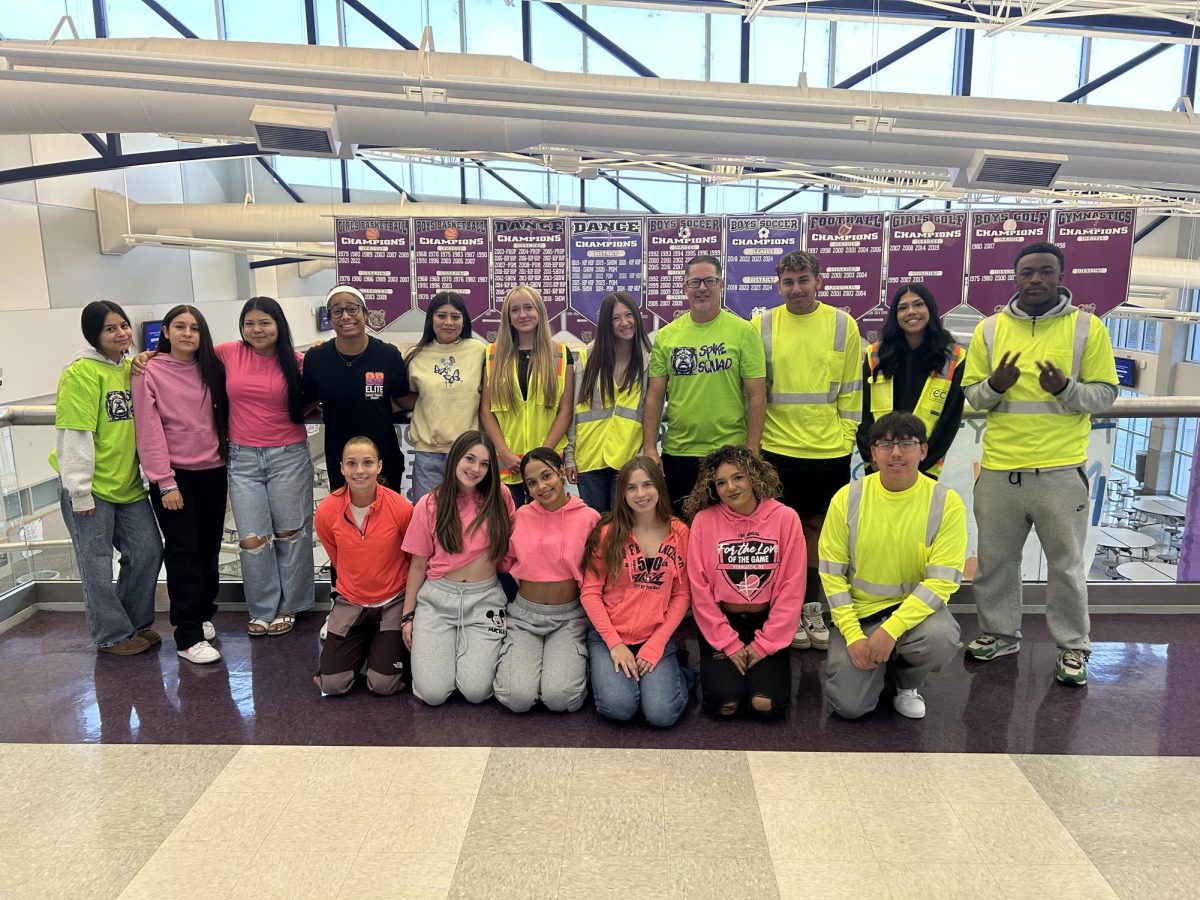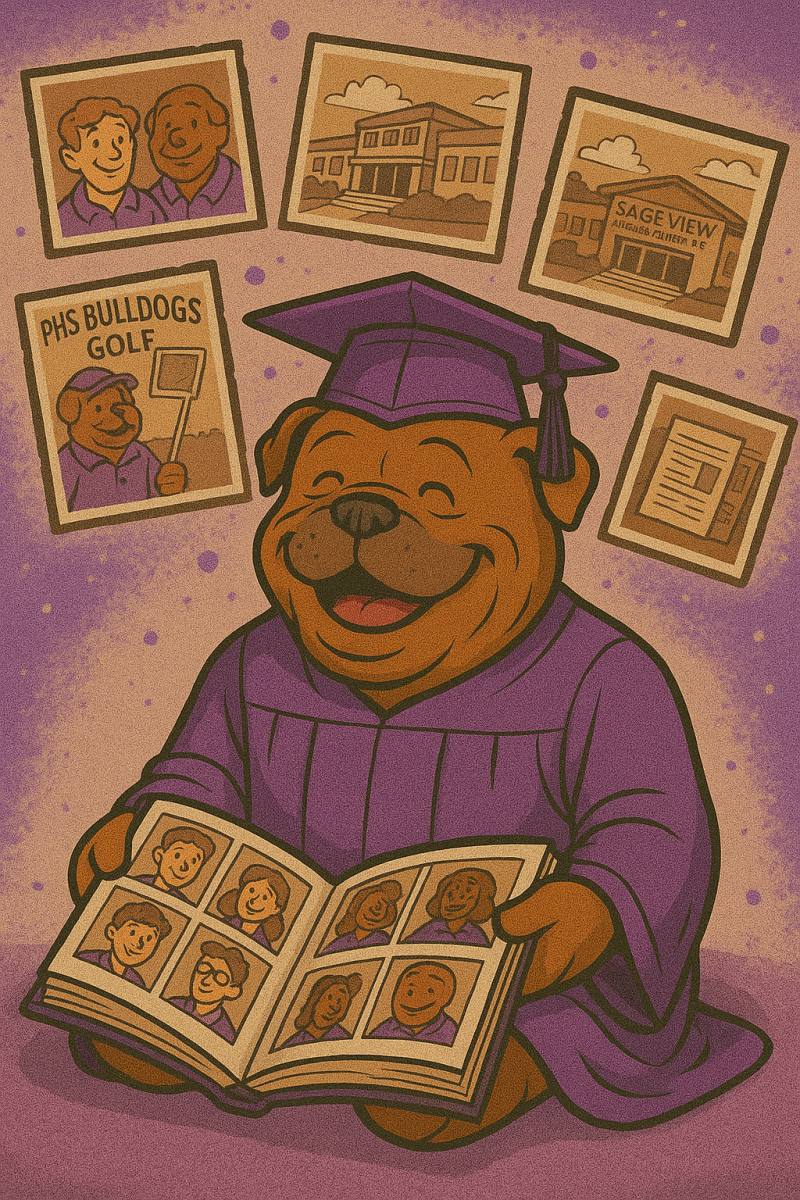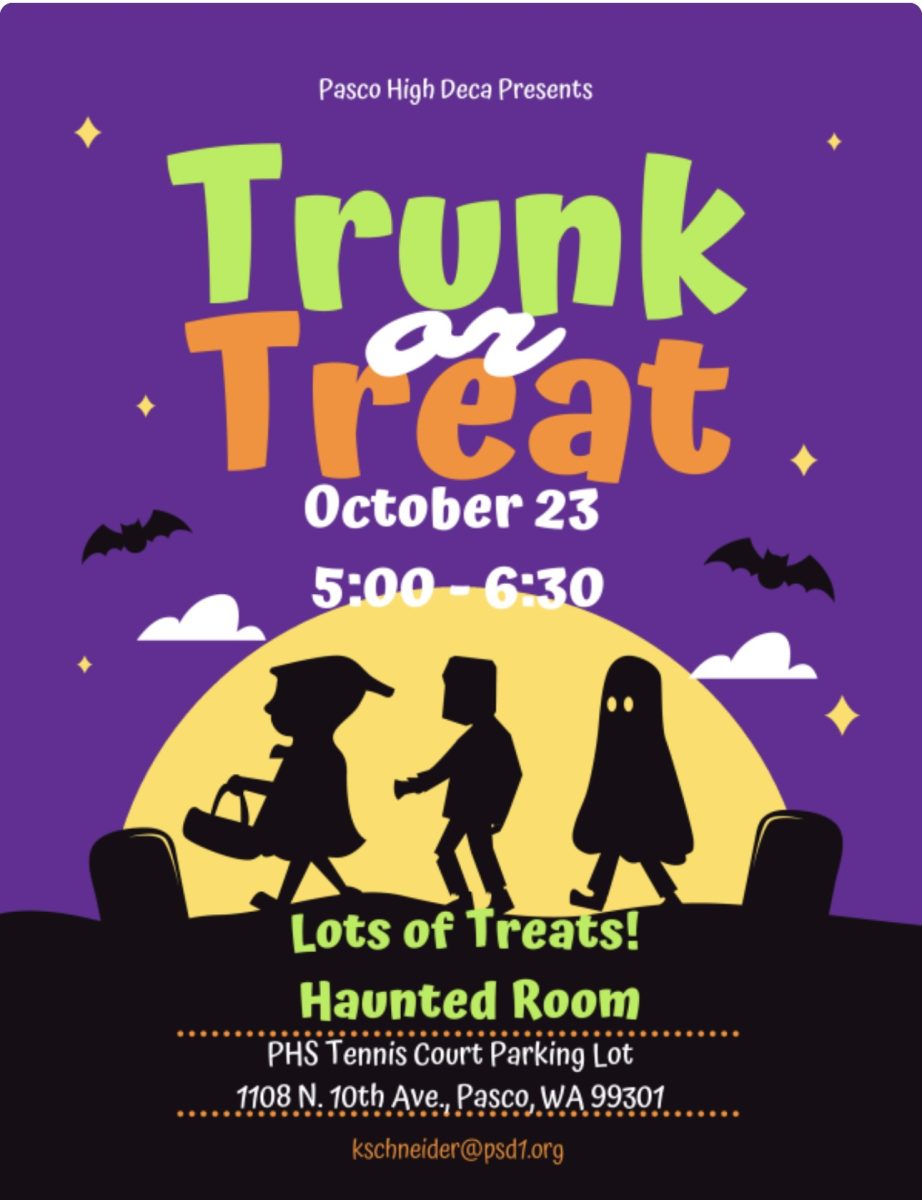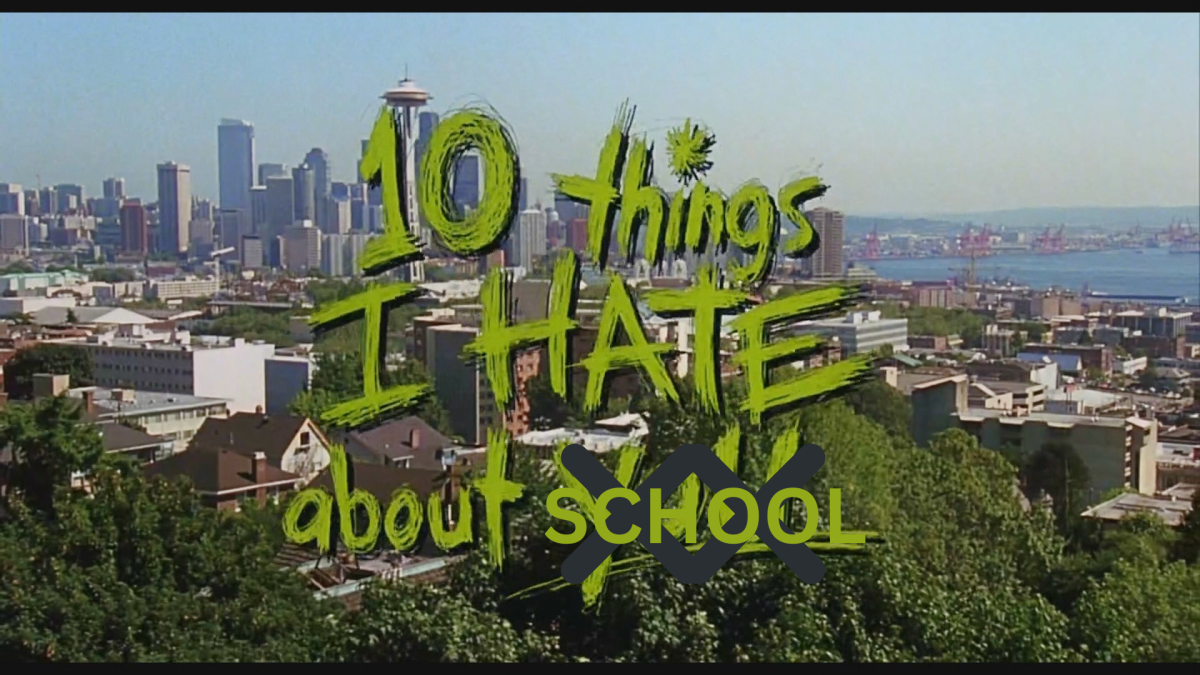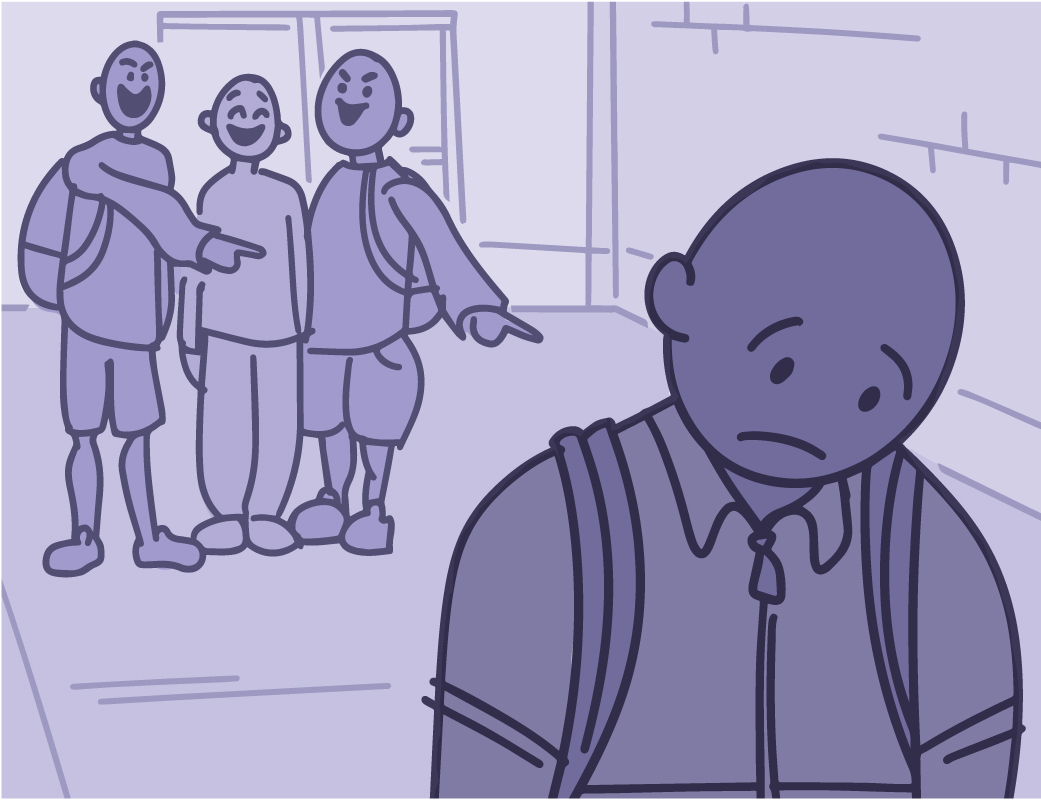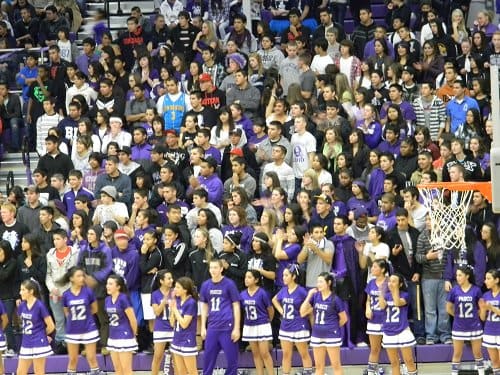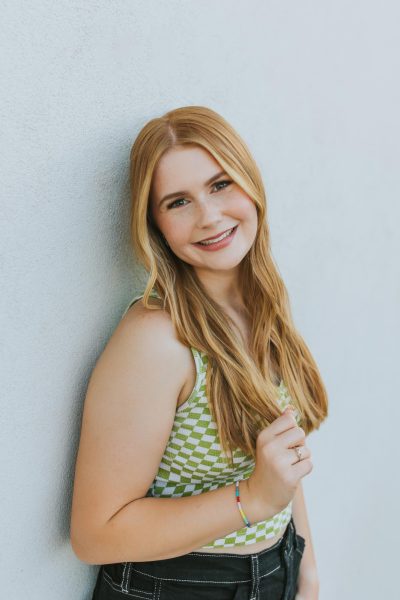Did you know that in January of this year, the American Red Cross declared an emergency nationwide blood shortage? It has been reported that someone in the U.S. needs blood every 2 seconds; however, the number of individuals donating to the Red Cross has decreased by 40% in the last 20 years. This is scary because each pint of blood that is donated can save up to three lives, so the fewer donations received, the less blood we have to help those who need it. When you donate blood, you are helping someone who may be battling a blood disease, undergoing cancer treatment, or recovering from an accident. The cool part about this is that teenagers 16 and older can donate blood with their parent’s consent! So, while we are still young, we as teenagers can also take part in getting our nation out of this emergency blood shortage!
Our school’s National Honor Society has been in connection with the local Red Cross to host blood drives here at Pasco High for the past several years. Club advisor and History teacher, Ms. Dunn, has made sure this is a regular event for our students, staff, and community to participate in. We have successfully hosted three blood drives and saved around 300 lives just this year! Ultimately, this is because of you! The student body covers most of our appointments, and we could not have done it without you. Kimberly Joya- Senior and President of the National Honor Society said, “It’s great to see how many people are willing to save lives!”. Averaging 40 appointments each blood drive just this year shows how many brave and willing individuals fill our school each day- taking part in selfless service to help save the life of someone they do not know.
While some students hear about the blood drive and are intrigued right away, ready to get their permission form and make their appointment, others are more skeptical, as donating blood can cause some people to feel anxious. (Which is normal!) So, let’s look at two common concerns amongst students regarding donating blood, as well as how the National Honor Society plays a role in this event.
Concern #1: “I’ve never donated blood, I’m afraid I’ll pass out during it.”
This is a valid concern I hear often amongst students who don’t give blood during these blood drives. While no one is forced to donate, and it is okay not to, it may help to remember that the Red Cross would not do anything to put you at risk for any complications. That is why you must take a health survey upon arriving at your appointment, where you answer questions about the current and past state of your health. It is also why there is an age minimum- you must be at least 16 years old and get parental consent before being allowed to donate. Specific health requirements include reaching a minimum height and weight and having healthy hemoglobin levels (which is a protein inside your red blood cells). For example, male donors who are under 18 and are at least 5 feet must weigh at least 110 lbs. Females under 18 that are 5 feet tall must weigh at least 138 lbs. If it is discovered that any of these are not met during your consultation at the beginning of your appointment, they will turn you away, and thank you for coming in anyway.
Another thing to consider is that when you have one pint of blood taken from you, that is energy leaving your body. So, to avoid a high chance of passing out during your appointment, you must prepare your body by eating sustainable and nutritious meals beforehand. Also, make sure you are hydrated! Drink so much water before and after your appointment – it does help. If you come in and you haven’t eaten much, don’t worry. When the Red Cross comes to our school, they provide us with a large variety of snack options and juices so you can take time to fuel and make sure your body is taken care of. They also require you to eat something after you donate for that exact reason. Students passing out or having any negative reaction is very rare. Almost every student I have seen donate in the past two years has been in and out of their appointment within 30-45 minutes. It is quick and easy! But just remember that fueling your body properly with iron-rich foods beforehand is vital! These include foods like strawberries, watermelon, wheat bread, chicken, or vegetables like broccoli and peas. Just go in confident that you will be well taken care of by the amazing Red Cross staff that comes to each blood drive we host!
Concern #2: “I am afraid of needles. I don’t want it to hurt.”
This is another concern many students have that causes them to be skeptical about donating blood. I’ve donated four times, and alongside everyone I have talked to who also has, it is agreed this is a very painless process. Of course, it may feel uncomfortable for a second while the initial poke is happening; however, it does not hurt. And while the blood is being drawn, you can’t feel anything but a small amount of pressure where the needle is. Seriously, so painless! That is not what I expected my first time donating, but it was a relief. It may help to know that while the blood is being collected, they give you a stress ball and ask you to squeeze it often until you are done. You are also allowed one friend to keep you company during this process, or a member of the National Honor Society will come to be your bed buddy! This is so you can have support, and to help distract yourself from the process if you are feeling anxious. If there is one thing you can walk in knowing, it is that as a club we are here to help you have the best experience possible.
Now, how does the National Honor Society play a role in all of this?
Members of our National Honor Society who are interested can sign up to volunteer at 1 of the 4 stations needed during our blood drives. When you come down to the library for your appointment, you will be greeted by several members of the NHS who are ready to help you get checked in! The registration table has students who can stay organized, ensuring everyone is properly checked in and has what they need. This includes a signed parent permission form and a form of identification to verify birthdays. A sophomore and NHS member, Angie, has become familiar with the roles of this station as she has worked it multiple times. She says, “I like helping at the registration station because it’s something that helps me with communication.” During rushes throughout the day, you must be an effective communicator, which is a skill Angie has been able to enhance as she has been a part of the National Honor Society.
In addition to these students, we also have a station where students assist anyone who needs to take the Rapid Pass health survey, which was previously mentioned, and what you must complete before being fully checked in. This role is crucial because it can be a busy station during rushes! There are also a handful of bed buddies! These students’ main job is to find those giving blood and keep them company if they are alone. This is the perfect role for someone who is social at heart and enjoys having conversations with those they may or may not know. Normally there are around 6 bed buddies to ensure each bed is accounted for! We do not want anyone alone during this process. After this comes the station that everyone loves! The aftercare station (the one with the snacks)! Your bed buddy, whether a friend or NHS member, will walk you over to this area after you donate as it is required to ensure you are doing well and to replenish some of the fuel and energy you lost during the process. You will be greeted by a table of a few NHS members who will offer you a juice, and one sweet and salty snack you can eat while you wait 15 minutes before you can be sent back to class.
As much as our students play a big role in helping everything run as it should, Ms. Dunn has done a great job at creating an organized system that ensures each blood drive is as successful as it can be. It has become an event I am sad to not be a part of once I graduate!
If you have been skeptical about donating blood, I encourage you to think about donating next year if you can! Bring a friend and do it together or reach out to friends or family members who have donated and learn about their experience. Doing it at school is a great way to become familiar with the process in a smaller space you are more familiar with, and who knows? You might even come to like it!

